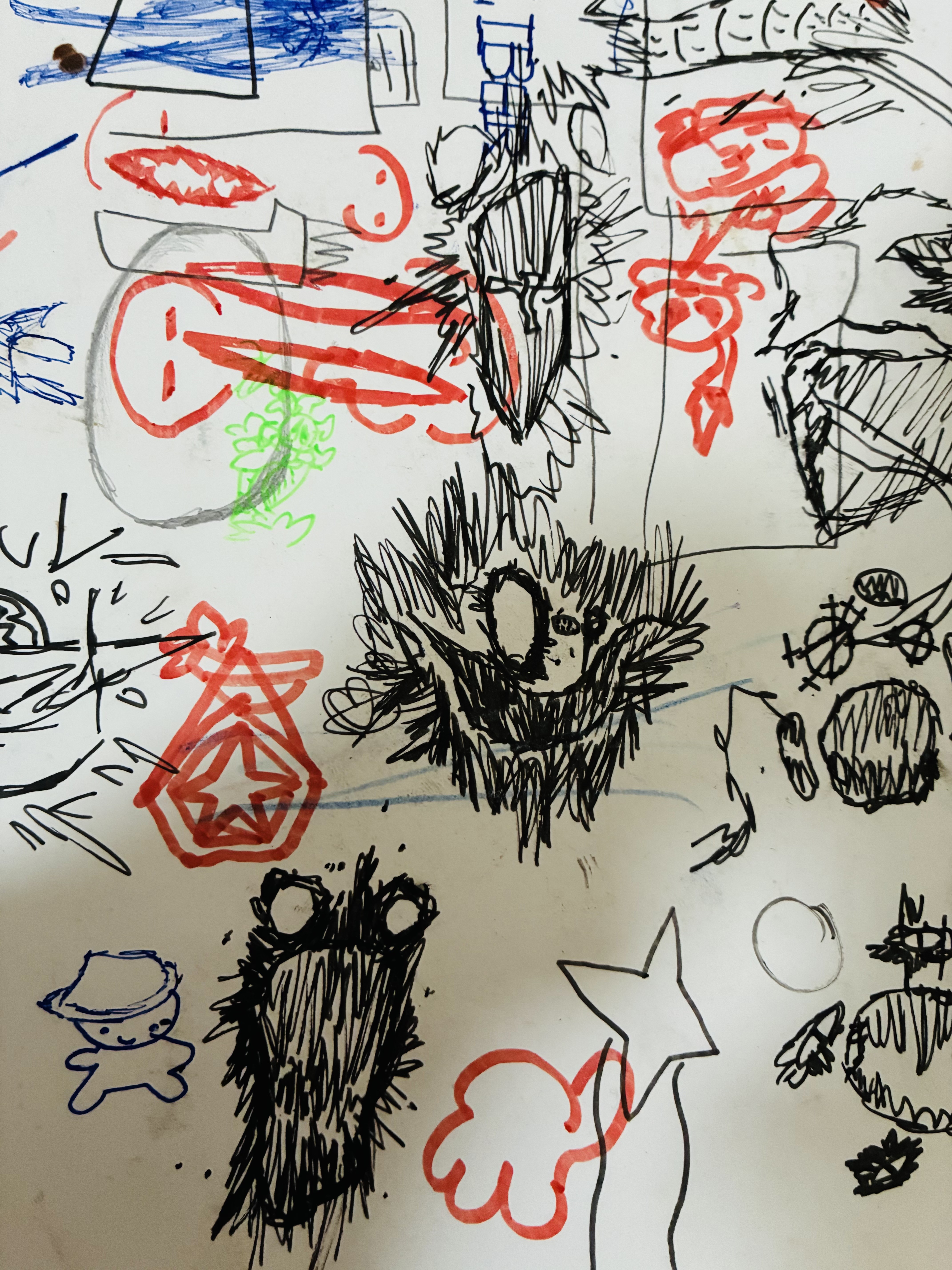Past Trauma, Present Anxiety: How Old Wounds Shape New Connections
Many people enter counselling unsure why their anxiety spikes in relationships or why trust feels so difficult. Increasingly, research shows that past trauma—especially in early attachment experiences—can profoundly influence our nervous system and relational patterns well into adulthood.
Current therapeutic models such as Polyvagal Theory (Porges, 2011) and Interpersonal Neurobiology (Siegel, 2020) help us understand how the body stores trauma and reacts to perceived threat—even in safe relationships. A nervous system wired for survival may interpret closeness as danger, leading to withdrawal, anger, or panic.
Evidence-based therapies like EMDR, Internal Family Systems (IFS), and ACT now work with both cognitive and somatic levels of trauma, helping clients notice, name, and soothe automatic responses while building safer ways of connecting.
Counselling isn't about forgetting trauma—it's about reshaping the meaning of what happened and developing the capacity to respond rather than react. Relationships, when safe and supportive, can become the very context where healing occurs.
For more, see:
- Porges, S. (2011). The Polyvagal Theory
- Siegel, D. (2020). The Power of Showing Up
- Van der Kolk, B. (2015). The Body Keeps the Score



